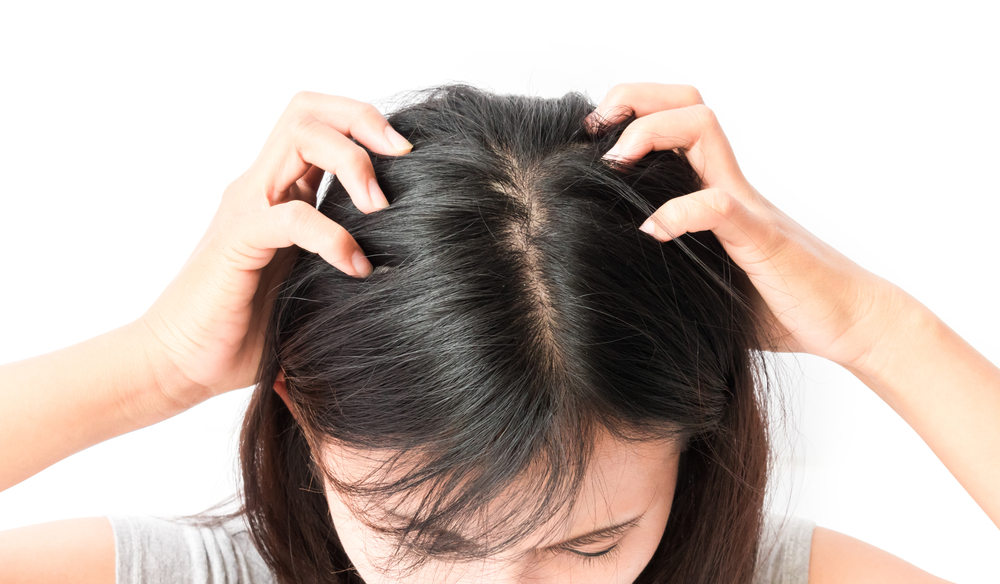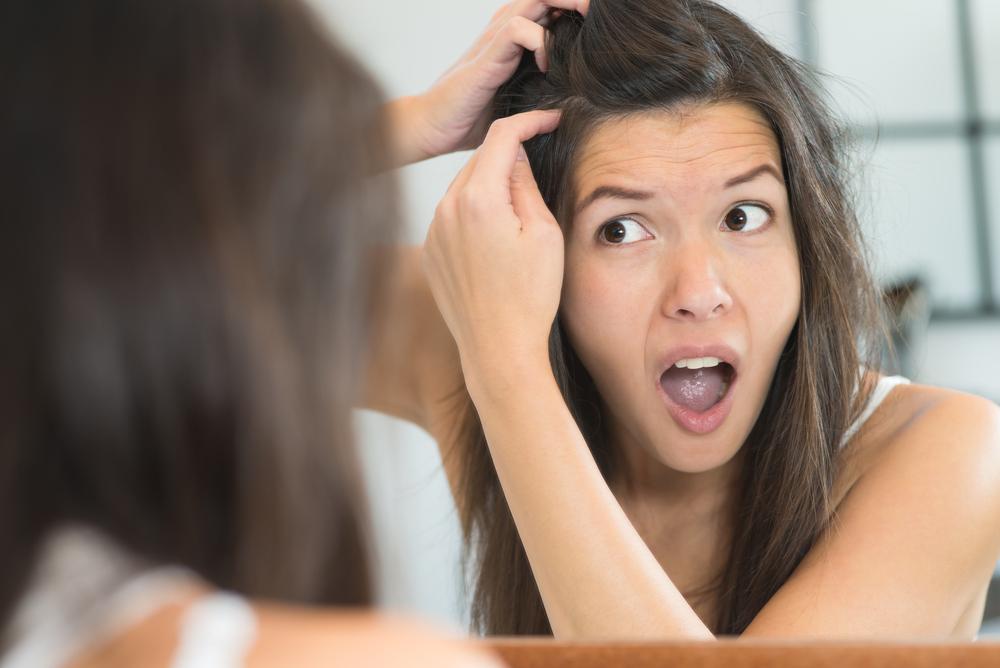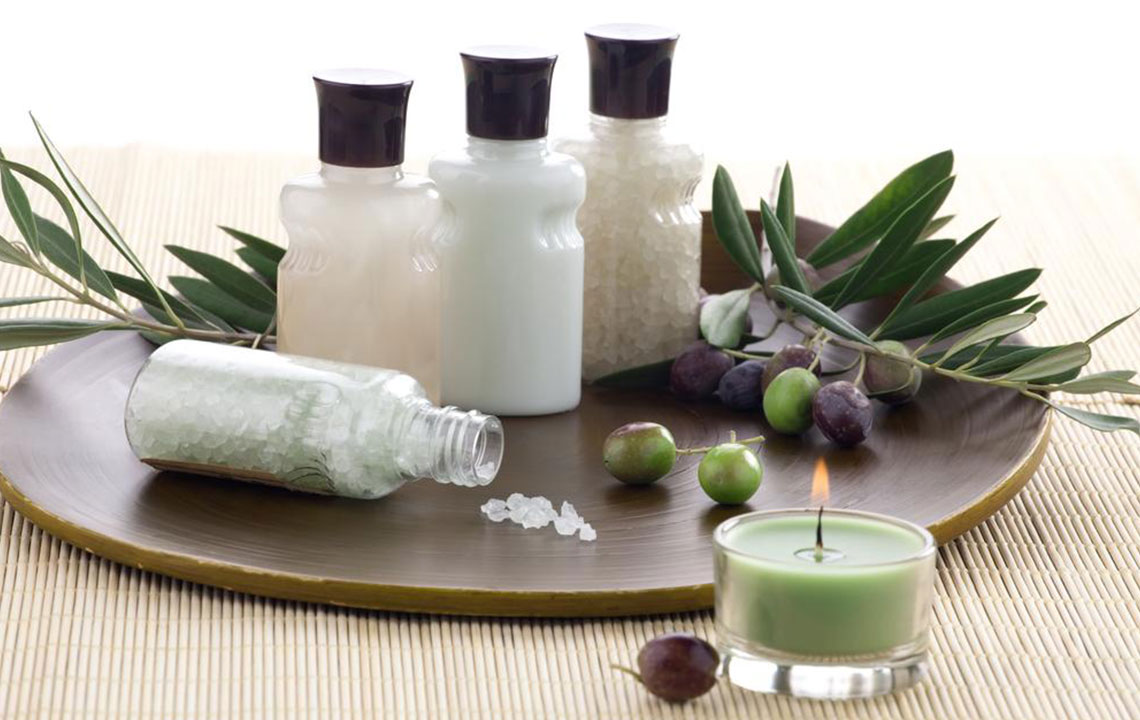Effective Strategies for Relieving an Itchy Scalp
Discover effective tips to soothe and manage an itchy scalp. Learn about proper hair washing, selection of gentle shampoos, treatment for lice, and when to seek professional help. These practical strategies can help alleviate discomfort and promote scalp health for lasting relief.

Effective Strategies for Relieving an Itchy Scalp
An itchy scalp can cause significant discomfort and embarrassment. Many underestimate how disruptive it can be until the urge to scratch becomes uncontrollable, especially in public. Managing scalp itchiness is a common concern for many individuals.
There are proven methods to ease itching, but it’s essential to understand that scalp discomfort often signals underlying issues such as dryness or mild inflammation. Identifying these causes is key to choosing appropriate treatments.
Although the exact reasons for scalp itchiness may vary, effective relief measures are readily available.
Common questions about soothing an itchy scalp include:
Does frequent hair washing help? How often should I clean my hair?
Regular washing can mitigate scalp itchiness.
Frequency varies depending on hair and scalp type; twice a week is often effective.
Washing too often may remove natural oils, causing dryness and irritation, which can worsen the problem.
Using suitable conditioners before and after washing promotes scalp health and reduces irritation.
Selecting the right shampoo is vital in controlling scalp discomfort.
How can I choose the best shampoo?
Shampoos should cleanse buildup without disrupting the scalp’s pH balance.
Avoid products with exaggerated claims; opt for formulas targeting specific scalp issues.
Keep the scalp’s pH between 4.5 and 5.7 to prevent irritation (water pH is around 7).
Choose sulfate-free and paraben-free shampoos to protect natural oils and minimize harsh chemicals.
Test different shampoos with samples to find what suits your scalp best.
Could head lice be causing the itching?
This is a common concern during sudden intense itching episodes.
Inspect your scalp by carefully combing with a fine-tooth comb and checking for tiny lice.
If lice are found, wash bedding thoroughly, disinfect affected areas, and use an approved lice treatment shampoo. Multiple rounds may be necessary.
Consider specialized lice treatment kits for complete eradication across all life stages.
What if the itching persists despite treatments?
If causes like dandruff and lice are eliminated but itchiness continues, consult a dermatologist.
This may indicate conditions such as psoriasis or eczema requiring professional diagnosis and treatment.
Seek medical advice to identify underlying issues and receive targeted care.
Note:
Our blog provides well-research health and beauty insights. However, these articles are not substitutes for medical advice. For persistent or severe scalp problems, always consult a healthcare professional. The information may not cover all treatment options; personalized medical guidance is recommended.


